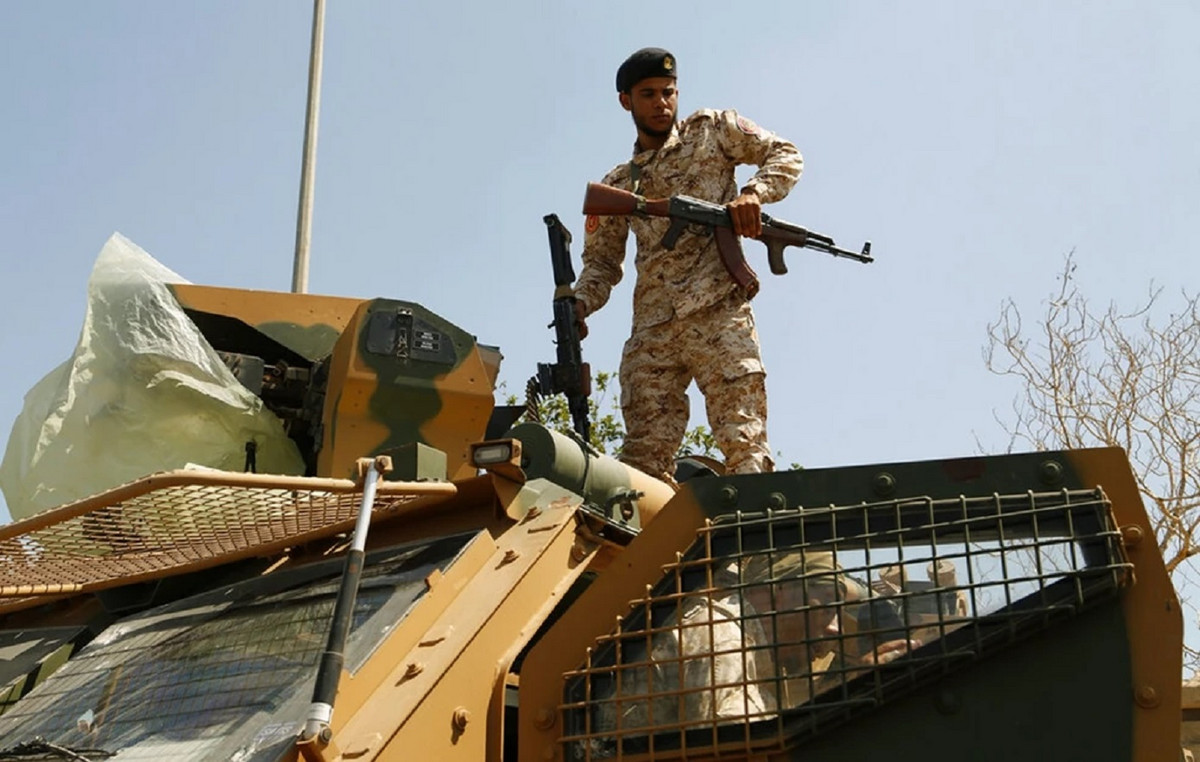After announcing a hole of up to $8 billion, cryptocurrency exchange FTX generated a crash in the crypto-assets universe, which intensified after the exchange Binance gave up on buying the competitor.
Brazilian investors who had amounts invested in the exchange were harmed, reigniting some concerns and the debate around the regulation of the cryptocurrency market in the country.
Bernardo Pascowitch, founder of Yubb, an investment and cryptocurrency search engine, is among those affected by the episode. The blockchain enthusiast claimed that he owned between 12% and 13% of the cryptocurrency wallet on FTX. “The real truth is that you don’t have much to do in a situation like this. Money gets locked in,” he said.
In the opinion of experts, Pascowitch is right to say that “there is not much to do” in a case like that of FTX, since there are still no guidelines for this segment in Brazil.
In addition, FTX’s headquarters are located in the Bahamas, that is, the Brazilian investor, according to experts, could even appeal in court, but only in the local jurisdiction where the company is located, which can make such an action practically unfeasible.
Digital law specialist Marcelo Chiavassa explains what the process would be like if the exchange existed in Brazil and if the market were regularized.
If the loss were due to the company’s mismanagement, be it an investment fund manager, crypto brokers, financial agents, the injured person could claim the losses obtained from this manager. He could even respond in the criminal sphere in the event of a crime. “The main question is whether the manager will have the financial capacity to bear the damage caused”.
For Chiavassa, the FTX episode reinforces the need for regulation, something that, according to him, would bring benefits to investors.
“The lack of legal regulation of brokers by Organs responsible bodies means that some typical Central Bank controls are not applied to brokers, thus increasing the risk for investors”, he concludes.
Regulation in Brazil
Fabricio Tota, director of new business at the Bitcoin Market, assesses that the Brazilian financial system is ready to receive regulation. According to him, the national cryptocurrency market is already developed and significant.
“Brazil is prepared for this, so that, in fact, the Brazilian investor who wants to put resources in cryptocurrencies does not have to mistakenly resort to a participant who is outside the country. The locals manage to serve the market very well,” he said.
Currently, the digital currency market in Brazil is on the way to having a regulation. In April, the Senate plenary approved the proposal (PL 4,401/2021) that provides guidelines for the “provision of virtual asset services” and regulates the operation of companies providing these services.
According to the proposal, the provision of virtual asset services would have to follow some guidelines, such as the obligation to control and maintain client resources in a segregated manner. It would also have to adopt good governance practices, transparency in operations and a risk-based approach; information security and protection of personal data; protection and defense of consumers and users; protection of popular savings and solidity and efficiency of operations.
The project also provides for the prevention of money laundering, concealment of assets, rights and values, combating the activities of criminal organizations, the financing of terrorism and the financing of the proliferation of weapons of mass destruction, in line with international standards.
For Tota, PL 4,401 covers the essential points for the market, however, he remembers that the segment develops and evolves very fast, so there will always be new topics to be discussed and included.
“The crypto market changes a lot, I’m talking about technology, what has been developed. So, we will never have a project that will be complete, that will include 100% of the possibilities. For example, when the PL started to be discussed, the NFTs were not very relevant. Today they are quite relevant”.
Tota also highlights the separation between the equity of exchanges and investors. Currently, the assets managed (from investors) by a brokerage firm are mixed with their own assets. As a consequence, any legal problem that the exchange has could impact exactly the values managed, causing investors to lose the values.
In his opinion, the project did not complete its cycle due to the electoral period, when parliamentarians returned to their bases and important votes were on a hiatus. However, he says that the market remains confident about the proposal and its approval.
Care when investing
Although investors wait for rules and institutions responsible for the crypto market in Brazil, some care can be taken to avoid large losses.
Bernardo Pascowitch says that the main point is not to leave the money at the brokerage, but to leave the values in their own portfolios, where the investor takes custody. However, for those who wish to do tradethe expert recommends that an amount “that could be lost” should be set aside for the application.
He also recalls a movement that began recently among cryptocurrency exchanges as a way of demonstrating reliability and security by disclosing the amount of coins they have.
“It’s an interesting path in the market, it’s emerging now, but it’s not an absolute guarantee. It can still run away with the money, it can break… it’s interesting for people to investigate, find brokers with serious volumes… but none of this can predict an FTX happening”.
Marcelo Chiavassa recalls that “the main lesson”, especially after the events of this week, is to carefully analyze whether exchanges have the financial capacity to survive crisis scenarios. “Otherwise, the amounts invested may not be recovered.”
Brazilian market
In September of this year, a report published by blockchain analysis firm Chainalysis showed that Brazil is the seventh largest cryptocurrency market in the world and the leader in Latin America. In addition, the country is among the eight nations considered to be upper-middle-income: one of four categories based on income levels and overall economic development.
The volume generated from the transactions is also significant. According to CoinTrader Monitor, in September, Brazilian exchanges declared that they had moved 36,591.81 bitcoins which is equivalent to approx. BRL 3,793,753,795.80 🇧🇷
Fabricio Tota estimates that, when it comes to bitcoin alone, there are almost 4 million customers in Brazil. The Bitcoin Market’s director of new business assesses that the FTX episode only drives discussions on improvement and the need for rules for the segment in the country.
Source: CNN Brasil
Joe Jameson, a technology journalist with over 2 years of experience, writes for top online news websites. Specializing in the field of technology, Joe provides insights into the latest advancements in the industry. Currently, he contributes to covering the world stock market.







